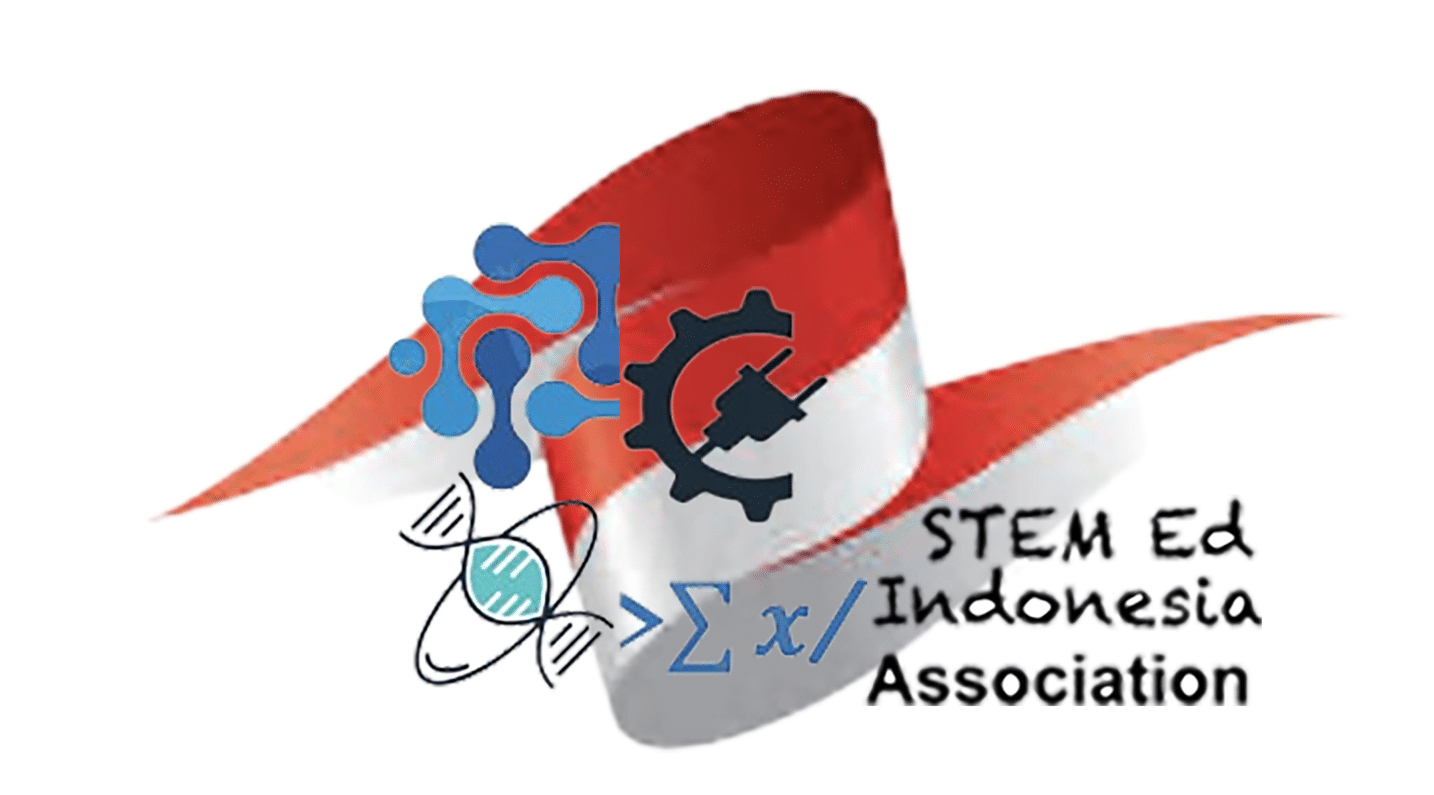Adopting and Implementing Collaborative Invitation, Exploration, Proposing-Explanation and Taking-action (CIEPT) Instructional Approach and Students’ Academic Performance in Chemistry
DOI:
https://doi.org/10.70290/jeti.v2i2.58Keywords:
Students’ Academic Performance, collaborative invitation, Exploration, Proposing-Explanation and Taking action (CIEPT)Abstract
The study was on the adoption of the Collaborative Invitation, Exploration, Proposing-Explanation, and Taking action (CIEPT) instructional approach to design chemistry lesson plans and investigating if the implementation the of CIEPT instructional approach in chemistry classrooms could improve students’ academic performance. A pretest, posttest, control group, and quasi-experimental research design was adopted in this study. The instrument used for data collection was the Chemistry Academic Performance Test (CAPT). CAPT was adopted from the West African Examination Council (WAEC) past examination question papers of 2005-2022. Kuder-Richardson (KR-21) formula was used to test the internal consistency of CAPT which yielded a reliability value of 0.91. A sample of 152 students was purposively sampled from 4 schools out of 47 schools in the study area. Three research questions and three null hypotheses guided the study. The research questions were answered using Mean and Standard Deviation scores while the null hypotheses were tested at 0.05 level of significance using results from Analysis of Covariance (ANCOVA). The study revealed that there is a significant difference between the mean academic performance of students taught Chemistry using CIEPT and the discussion method of teaching [F1, 151=111.210, p<0.05]. It was found that no significant difference between the mean academic performance of male and female students taught Chemistry using the CIEPT approach [F1, 78 =.420, P>0.05]. It was recommended among others that since the CIEPT approach was found to be an effective approach for improving students’ academic performance irrespective of gender; Chemistry teacher’s trainee and serving teachers should be trained on how to adopt and use the CIEPT approach.
References
Achor E, E., Ajayi, V.O., Ikwu, A. G., Onyeche, E.I. (2020). A survey of teachers’ challenges of assessing domains of educational objectives and bloom’s taxonomy levels in Social Studies in Benue State, Nigeria. Journal of the International Centre for Science, Humanities and Education Research, 4(3), 71-83.
Adamu, N.L. (2016). Effect of invitation, exploration, proposing explanation, and taking action (IEPT) on SS2 students’ attitudes and academic performance in Commerce in Kafanchan Education Zone of Kaduna State. British Journal of Educational Technology, 2(4), 12-21
Ajayi, V.O. (2017). Effect of hands-on activity-based method on interest of senior secondary students in organic chemistry. Scholarly Journal of Education, 6(1), 1-5.
Ajayi, V.O. (2022). Development of Collaborative Invitation, Exploration, Proposing Explanation and Taking Action (CIEPT) instructional approach. In Ajayi, V.O. (Ed.). 21st Century innovative teaching strategies in science education (pp. 12-29). Ado-Ekiti: Nobel Publishing Limited.
Ajayi, O.V., & Ogbeba, J. (2017). Effect of gender on senior secondary chemistry students’ achievement in stoichiometry using hands-on activities. American Journal of Educational Research, 5(8), 839-842.
Ajayi, V.O., Achor, E.E., & Otor, E.E. (2020). Do predict-explain-observe-explain and Vee heuristic strategies have the potentials to eliminate gender difference in students’ achievement in organic chemistry? A field report. BSU Journal of Science, Mathematics and Computer Education, 1(1), 13-21.
Bybee, R.C. (1989). Science and technology education for elementary years: framework for curriculum and instruction. Oxford: University of Oxford Press.
Magana, K.L. (2018). Effects of invitation, exploration, proposing explanation, and taking action (IEPT) on academic performance of boys and girls in Social Studies in Public Secondary Schools in Kenya. Journal of Staff Development, 8(3), 16-23.
NERDC (2012). Nigerian educational research and development council reports on chemistry curriculum for SSS 1-3. Abuja: NERDC Press.
Ogbeba, J., Enemarie, V., & Ajayi, V.O. (2019). Students’ Achievement in basic science and technology as a predictor of quality science education. Journal of the International Centre for Science, Humanities and Education Research, 4(2), 178-187.
Ogbonna, C.C. (2015). Effects of IEPT constructivist instructional model on students’ academic performance in Mathematics. Journal of Sustainable Education, 1(1), 132- 141.
Olajide, K.K. (2017). Effect of invitation, exploration, proposing explanation, taking action (IEPT) on students’ academic performance in Home Economics. Australian Science Teachers’ Journal, 20(2), 871-882.
Ubi, L. (2016). Relative effectiveness of Invitation, Exploration, Proposing Explanation, and Taking Action (IEPT) and lecture methods of teaching Social Studies on academic performance of secondary students in Akwa Ibom State, Nigeria. International Organization of Scientific Research Journal of Research and Method in Education, 4(6), 28-37.
WAEC (2020). Chief Examiner’s reports for May/June West Africa Senior School Certificate Examination (WASSCE). Lagos: WAEC.
Downloads
Published
How to Cite
Issue
Section
License
Copyright (c) 2023 Victor Oluwatosin Ajayi, Dr. Christina Audu Tanko , Dr. Irwanto IRWANTO

This work is licensed under a Creative Commons Attribution-NonCommercial 4.0 International License.




